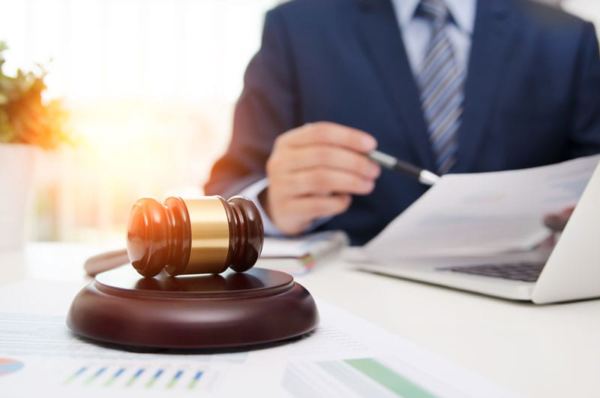When debts become unmanageable and creditors start knocking at your door, Chapter 7 bankruptcy can serve as a lifeline. One of its most significant features is the “automatic stay,” a provision that can bring you immediate relief.
In this article, we’re going to dig deep into automatic stays, exploring their scope, limitations, how they impact both you and your creditors, and much more.
An automatic stay is a court-ordered injunction that takes effect the second you file your Chapter 7 bankruptcy paperwork.
It provides temporary relief by halting all debt collection activities against you. The immediate benefits include a pause in phone calls demanding payment, the temporary suspension of foreclosure activities, and even a halt to eviction proceedings.
This period of respite allows you to reorganize your financial life under the protection of the bankruptcy court, without the additional stress of ongoing collection efforts.
The automatic stay is a powerful tool, but its protections are not without boundaries. Here’s a more detailed look:
The moment the automatic stay goes into effect, creditors are legally bound to cease all communication with you regarding debt collection. This includes not just phone calls but also collection letters, emails, and even text messages demanding payment.
If your home is in the process of being foreclosed, an automatic stay will freeze this action, giving you a temporary reprieve. However, it’s important to note that this is not a permanent solution. The creditor can petition the court to lift the stay and proceed with the foreclosure once the bankruptcy process is complete.
An automatic stay can delay eviction proceedings. This can be particularly helpful if you need a little more time to find alternative housing. However, the automatic stay will not prevent eviction if the landlord already has a court order for possession of the property.
Utility companies like water, electricity, and gas providers are prohibited from discontinuing your services for at least 20 days after you file for Chapter 7 bankruptcy.
If your employer is garnishing your wages to satisfy debts, this will come to a stop as long as the automatic stay is in effect.
The automatic stay is not a universal shield. It does not apply to specific kinds of debts or proceedings, such as certain tax obligations, child support, alimony, or ongoing criminal cases.

Once you file your bankruptcy paperwork, the court sends out an official notice to all the creditors listed in your filing, advising them of the automatic stay.
Any creditor who defies this order and continues collection activities faces legal repercussions, including fines and even contempt charges.
In Chapter 7 bankruptcy, the automatic stay is usually in effect until the court discharges your debts, which typically happens within four to six months after filing.
However, there are exceptions. If a creditor believes that the automatic stay unfairly harms them, they can petition the court to lift it. This is most common in cases involving secured debts like home and car loans.
If you’ve filed for bankruptcy multiple times in a year, the court may limit the duration of the automatic stay to just 30 days, or eliminate it altogether.
In a Chapter 7 case, the bankruptcy trustee acts as the mediator and enforcer. They are responsible for making sure both parties comply with the terms of the automatic stay.
The trustee will also oversee the sale of any non-exempt assets you may have, using the proceeds to pay off your creditors.
After the bankruptcy court discharges your case, most of your unsecured debts (like credit card debt, personal loans, and medical bills) are also discharged.
This means that you are no longer legally obligated to pay them, extending the relief you initially received from the automatic stay indefinitely for those specific debts.
However, certain obligations like student loans, child support, and some taxes remain non-dischargeable.
The automatic stay provision in a Chapter 7 bankruptcy serves as a crucial buffer against the aggressive tactics of debt collectors. While it doesn’t solve all financial issues, it does offer immediate, albeit temporary, relief.
Armed with a comprehensive understanding of what an automatic stay can and cannot do, you’ll be better prepared to navigate the maze of bankruptcy laws.
At Blue Bee Bankruptcy, our lawyers are highly experienced in bankruptcy options. More importantly, we understand that each case we receive is unique and each client has different needs and goals. We will discuss these signs with you and decide the best route to take.
We strive to help our clients rebuild their lives and take steps toward a better financial future through filing.

If you’re dealing with the potential of bankruptcy, give us a call. Our team will work to help you by reviewing all of the options our firm has available. We will ensure you’ll get the best possible outcome for your situation.
Get in touch today so we can start working on either halting bankruptcies or preventing them from taking place altogether!
Contact Us Today For Help! You can schedule your free consultation online or call us at (801) 285-0980.
